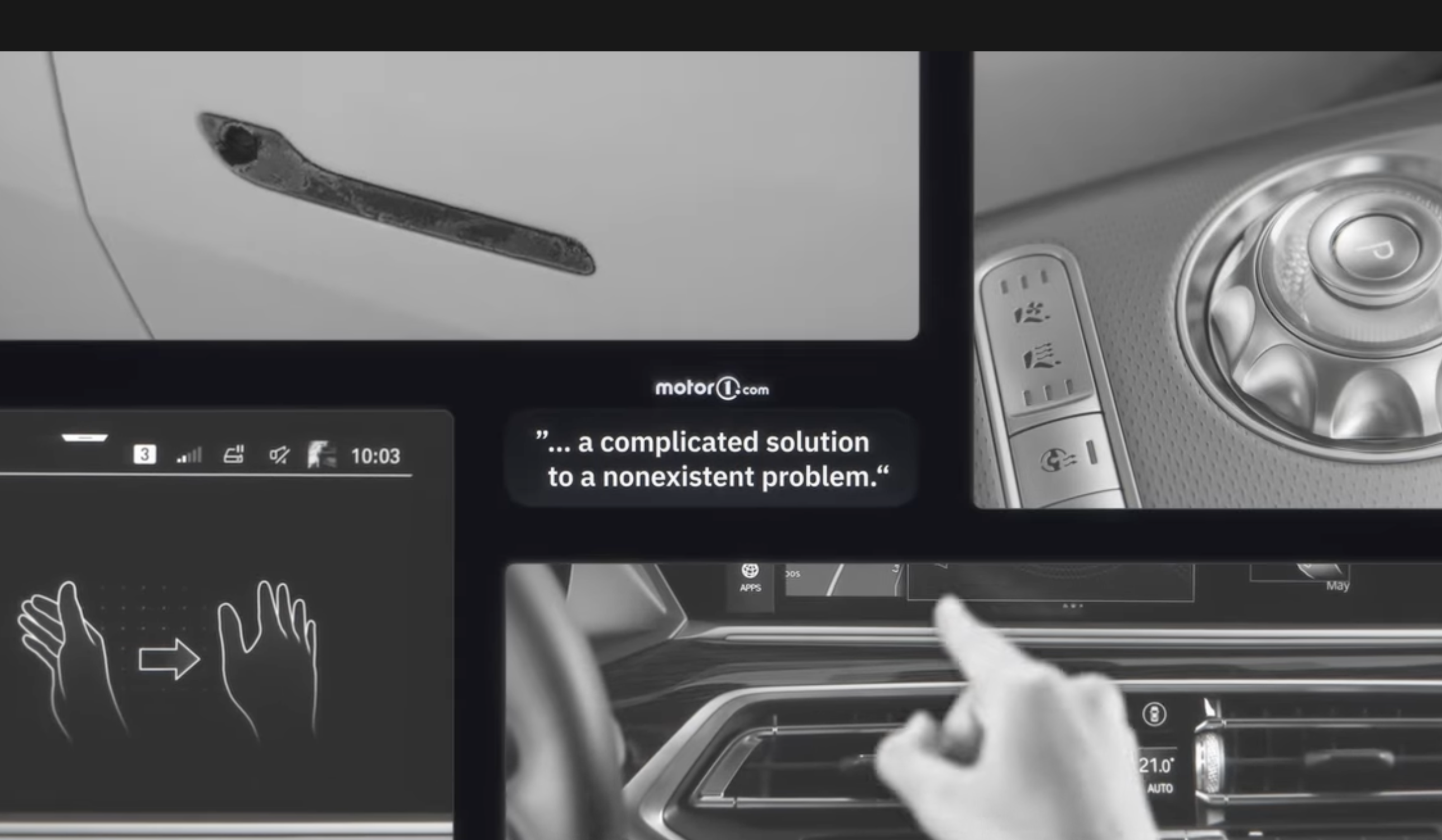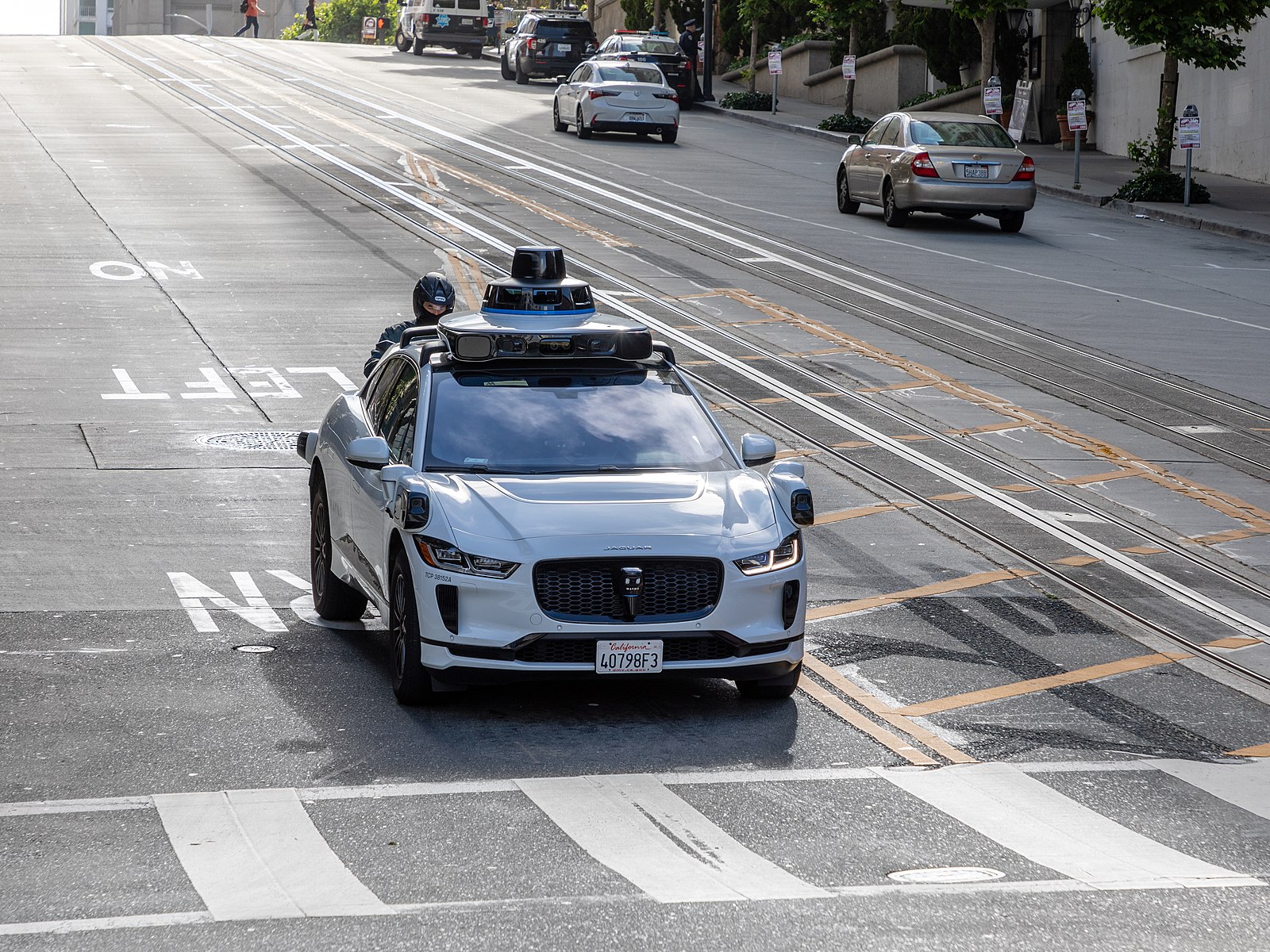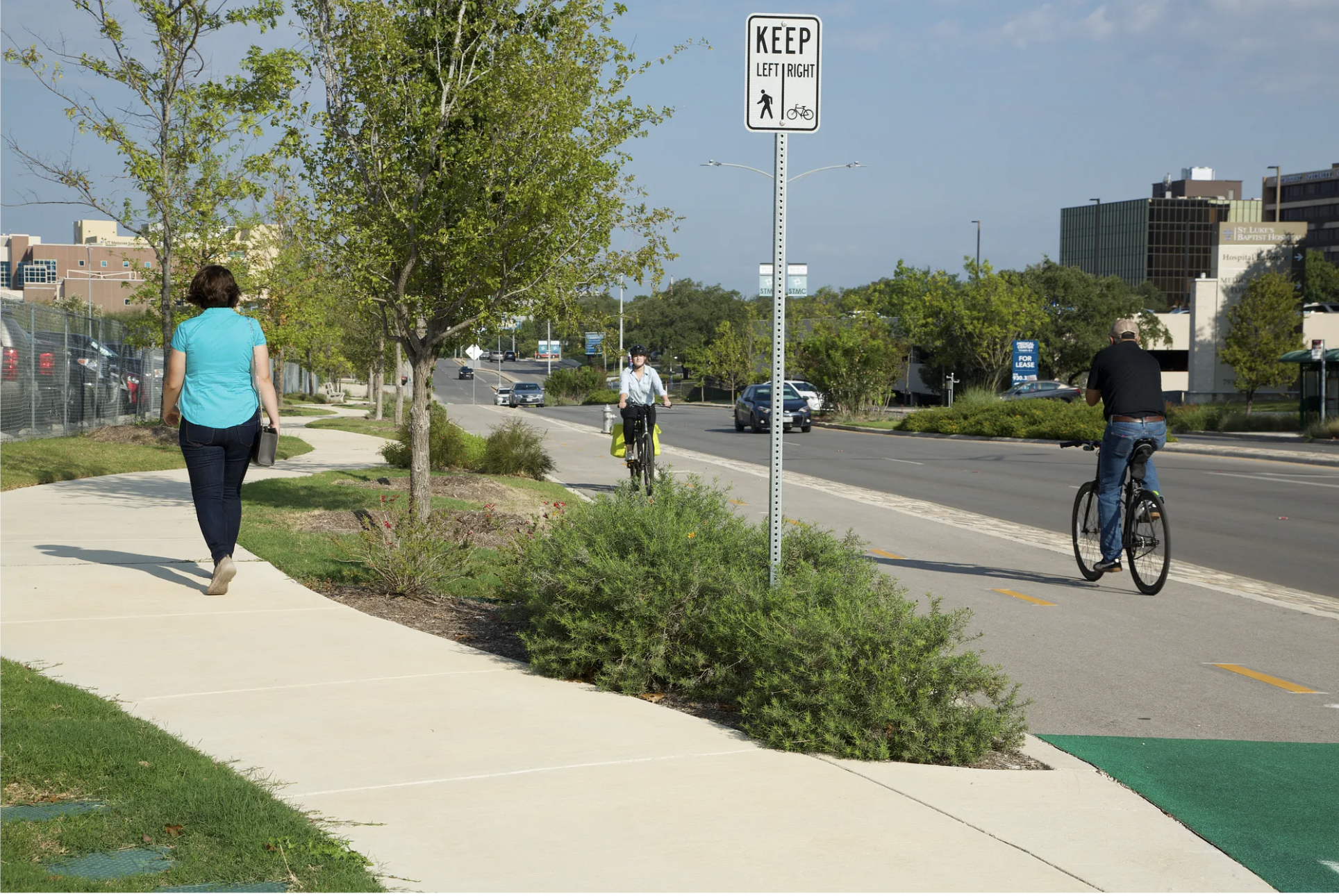
Yesterday we ran a post from Michael Andersen about how Newark fixed the glut of parked cars on Mount Prospect Avenue, the first street in New Jersey to get a protected bike lane: Instead of letting people park in the bikeway, the city started charging for parking. With a price on parking, people stopped storing their cars on the street all day long, and there was finally some turnover. Problem solved.
The same approach makes sense any time free or cheap on-street parking gets stuffed with cars, but street redesigns often intensify the need to get parking prices right. Canaan Merchant at Greater Greater Washington reports on another case in point -- a Bus Rapid Transit project called The Pulse in Richmond, Virginia.
On some sections, The Pulse will run on dedicated bus lanes along the median of Broad Street, and the city will remove some parking spaces to make room. That has a neighborhood association in the nearby Fan District riled up, but as Merchant points out, parking dysfunction can't be pinned on the transit project:
It may be harder to park in the Fan in the future, but the Pulse won't be to blame if that happens. Lots of people park on the street because parking there is usually convenient and cheap, or even free. In most cities, parking is drastically underpriced given how valuable the space spots take up is.
This is especially true for Fan District residents since the city introduced a permit parking program (which is similar to DC's) where residents can park wherever they want for twenty five dollars per year, per car. That's an incredibly low price for parking in an otherwise high-demand area, which incentivizes people to park there rather than somewhere else.
For those concerned about the availability of street parking in the Fan, stopping the Pulse would actually be counterproductive because the service will give people an alternative to driving. It'd be smarter to focus efforts on finding ways manage street parking in a way that matches the demand for it.
Elsewhere on the Network today: Transportation for America has an update on three amendments that would make the Senate transportation bill better. Streets.mn notes that gender parity holds steady among Dutch cyclists regardless of age. And Cyclelicious shares the first-person account of a cyclist run off the road by a driver who ended up getting charged for attempted murder.





